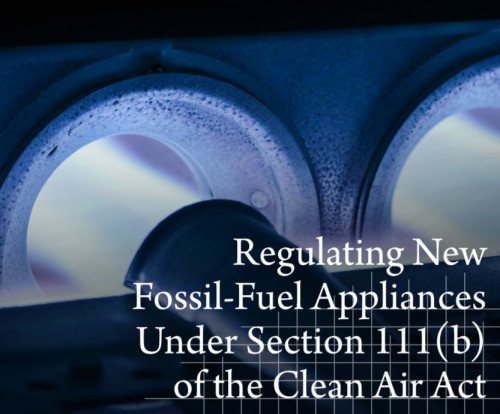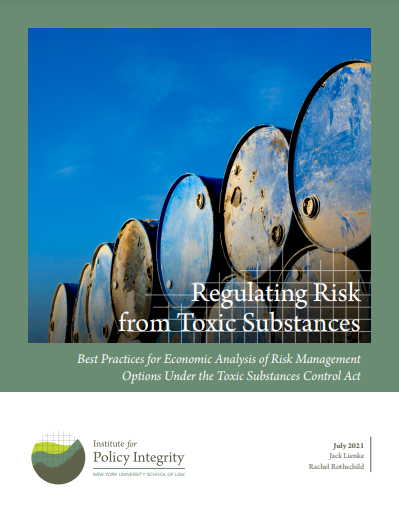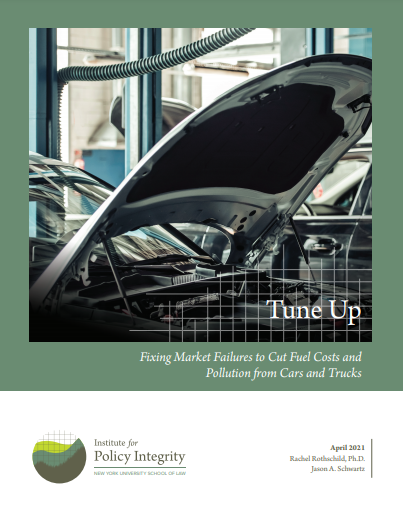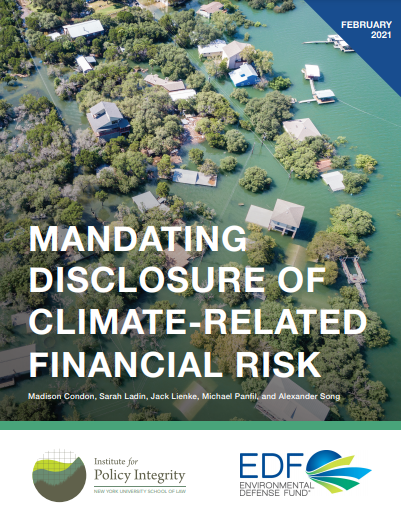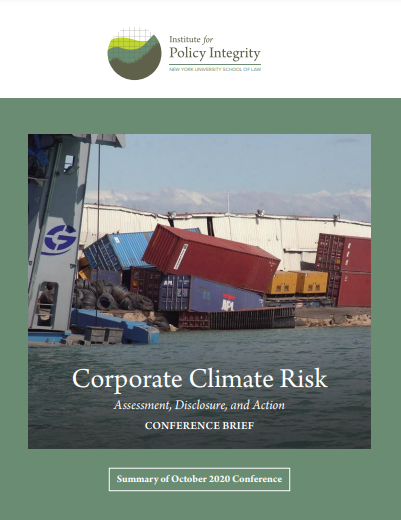-
Regulating New Fossil-Fuel Appliances Under Section 111(b) of the Clean Air Act
This report finds that EPA has authority under Section 111(b) of the Clean Air Act to set nationwide performance standards for new residential and commercial fossil-fuel appliances and that multiple means of reducing emissions from such appliances are adequately demonstrated, including the use of electric-heat-pump technology.
-
Regulating Risk from Toxic Substances
Best Practices for Economic Analysis of Risk Management Options Under the Toxic Substances Control Act
This report identifies best practices EPA should adopt to holistically assess and weigh the costs and benefits of risk management options, allowing the agency to meet its statutory obligations and best enhance public welfare.
-
Tune Up
Fixing Market Failures to Cut Fuel Costs and Pollution from Cars and Trucks
This report analyzes a key issue in U.S. transportation policy: the energy efficiency gap. We discuss the market failures that cause it, and recommend that the Biden administration continue the longstanding practice of incorporating private fuel savings in any evaluation of the costs and benefits of stronger standards for cars and trucks.
-
Mandating Disclosure of Climate-Related Financial Risk
Climate change presents grave risk across the U.S. economy, including to corporations, their investors, the markets in which they operate, and the American public at large. Unlike other financial risks, however, climate risk is not routinely disclosed to the public. This report, authored by Policy Integrity and the Environmental Defense Fund, urges the Securities and Exchange Commission to issue new, mandatory disclosure rules focused on climate risk.
-
Corporate Climate Risk: Assessment, Disclosure, and Action
Conference Brief
On October 2, 2020, the Institute for Policy Integrity and the Volatility and Risk Institute at NYU Stern School of Business convened a conference bringing together investors, companies, researchers, and regulators to discuss climate-related financial risks and identify opportunities to better assess, report, and act on them. This brief summarizes some of the major points of discussion from the conference, which featured different perspectives on various policy, economic, and legal issues.
Viewing all publications in Consumer and Healthcare Protection

